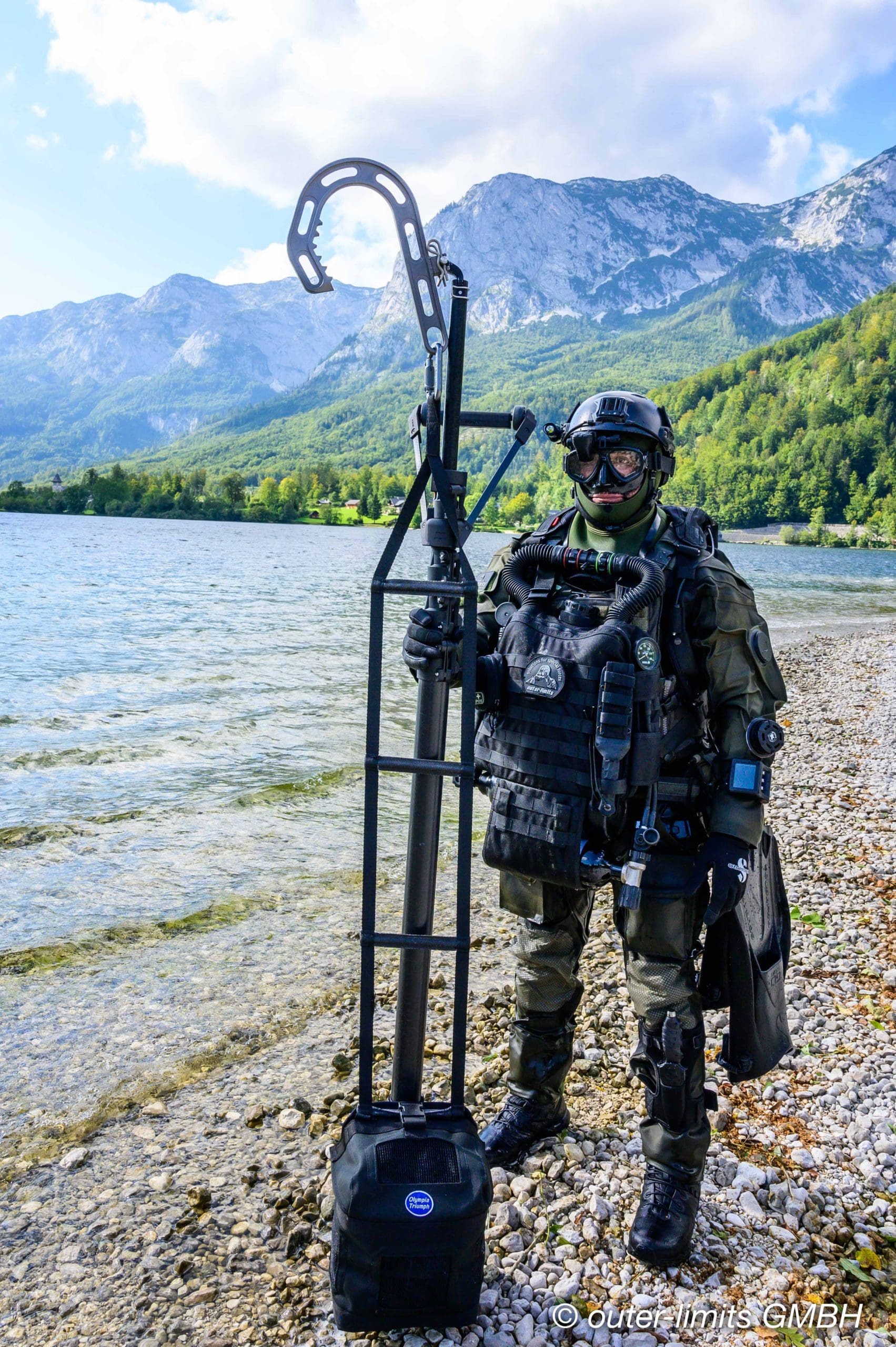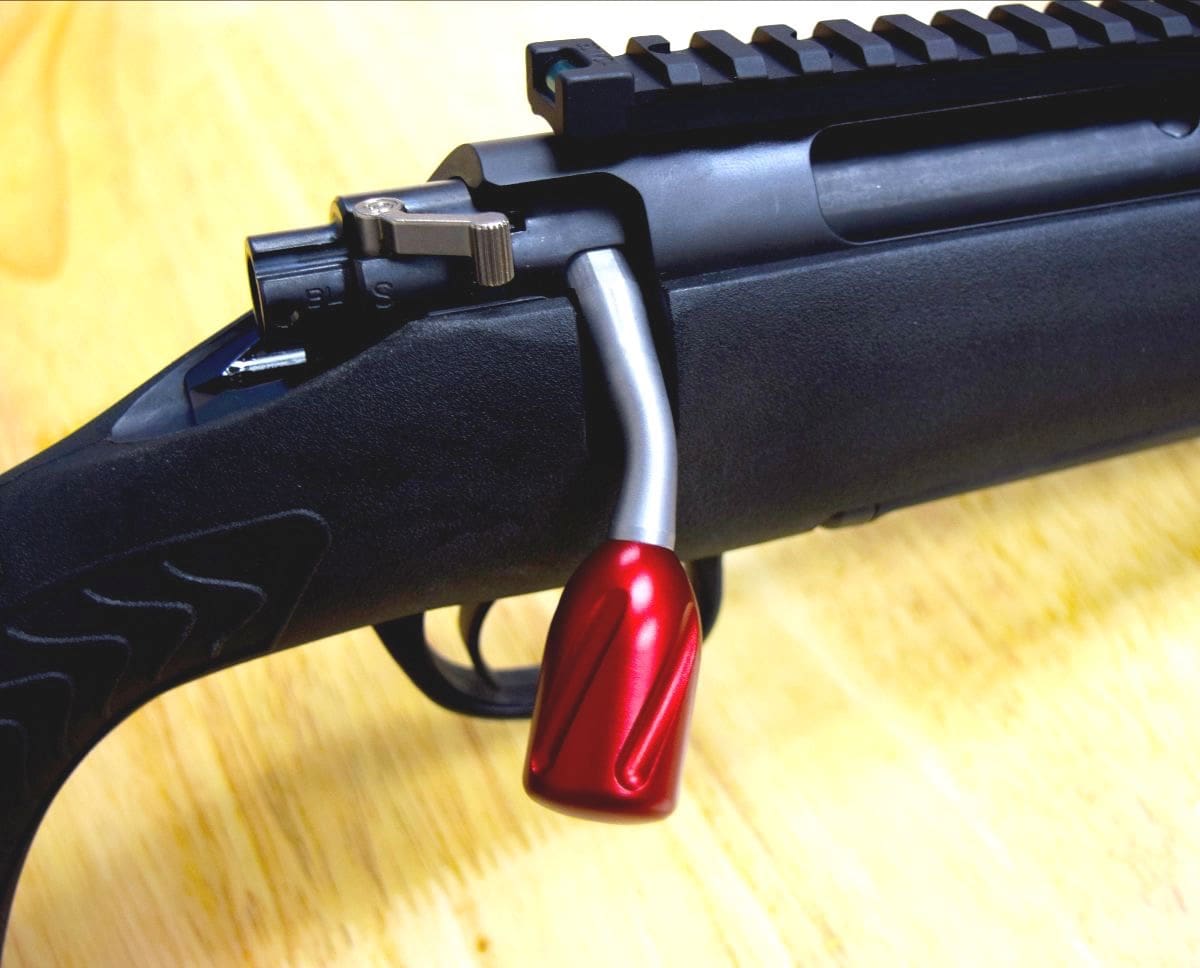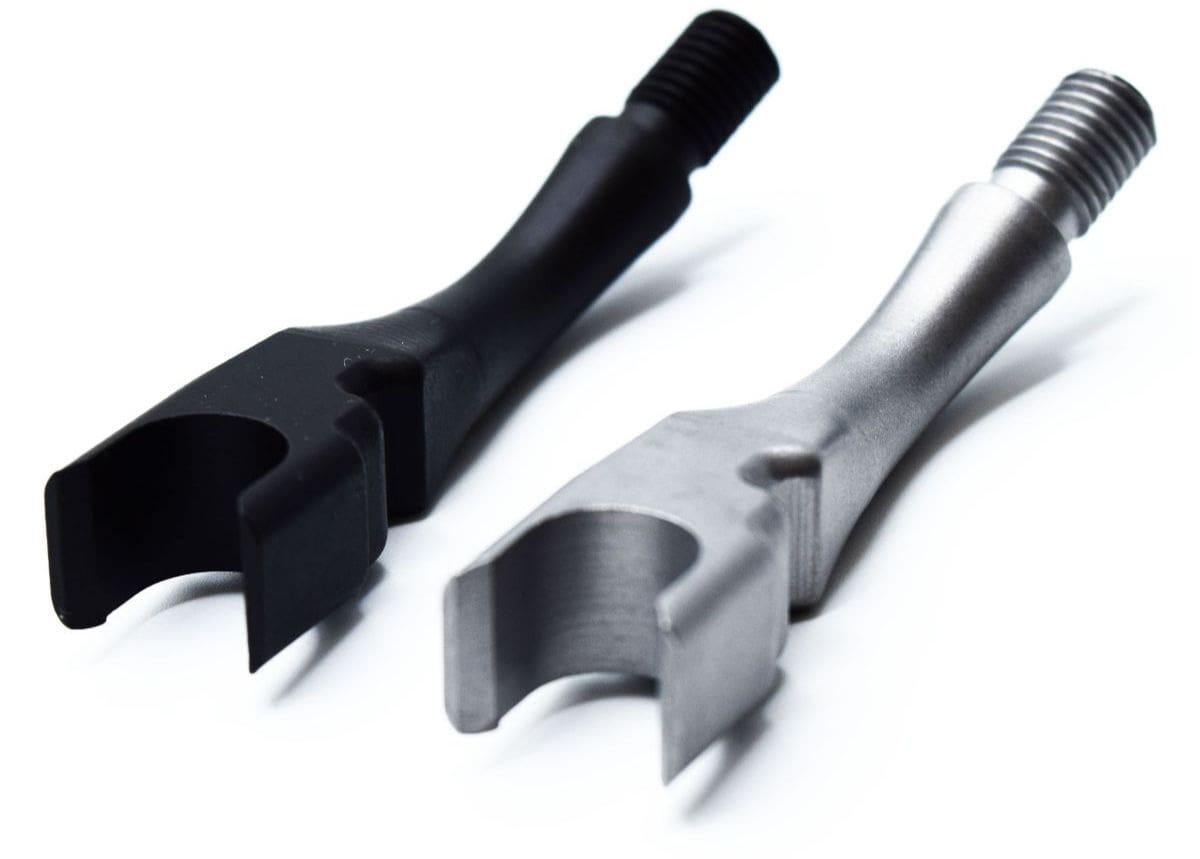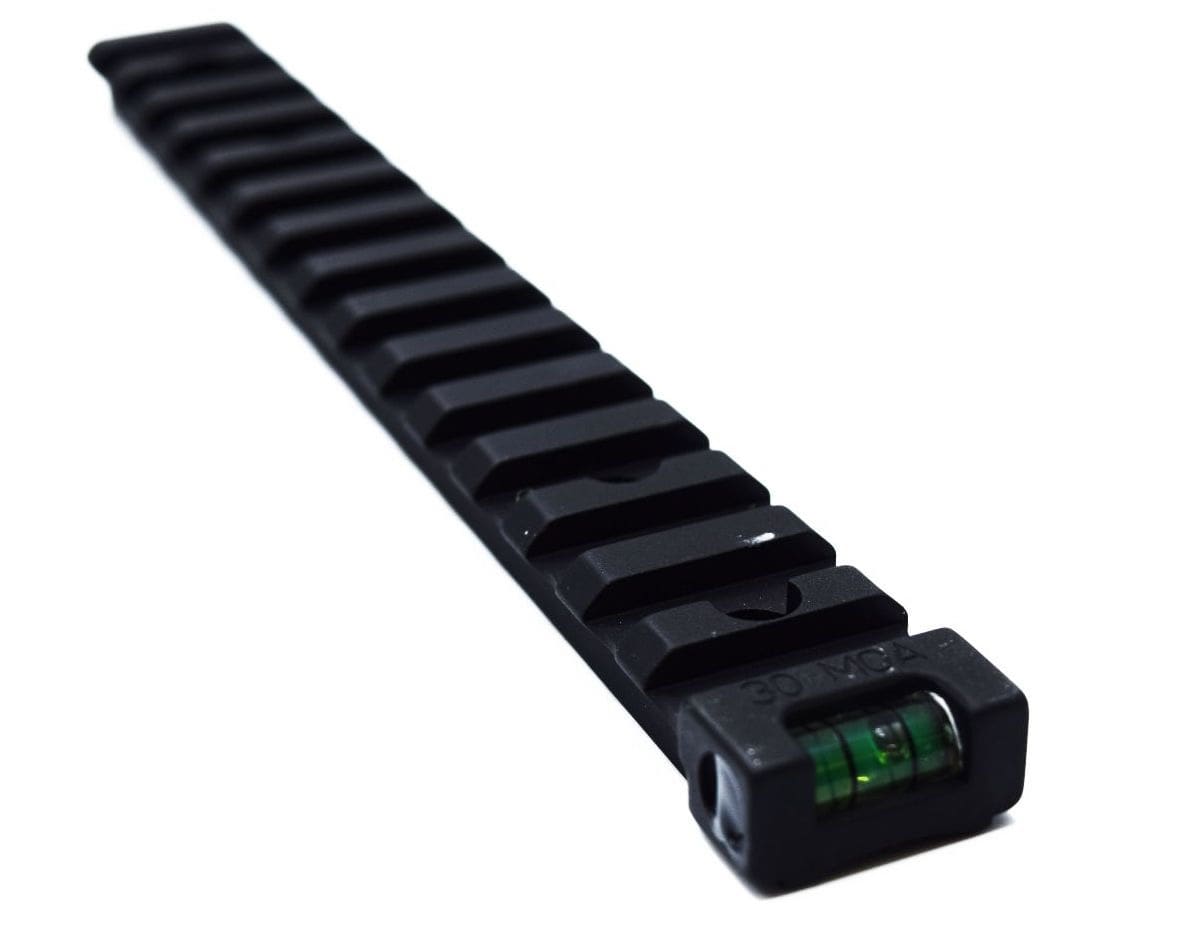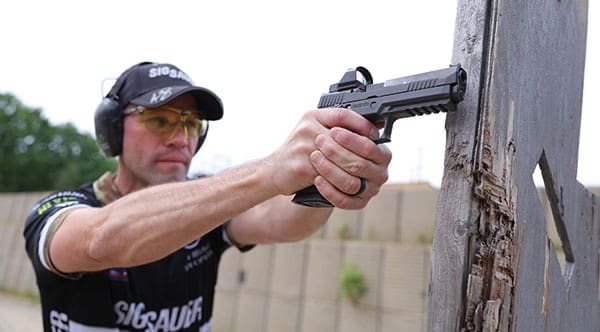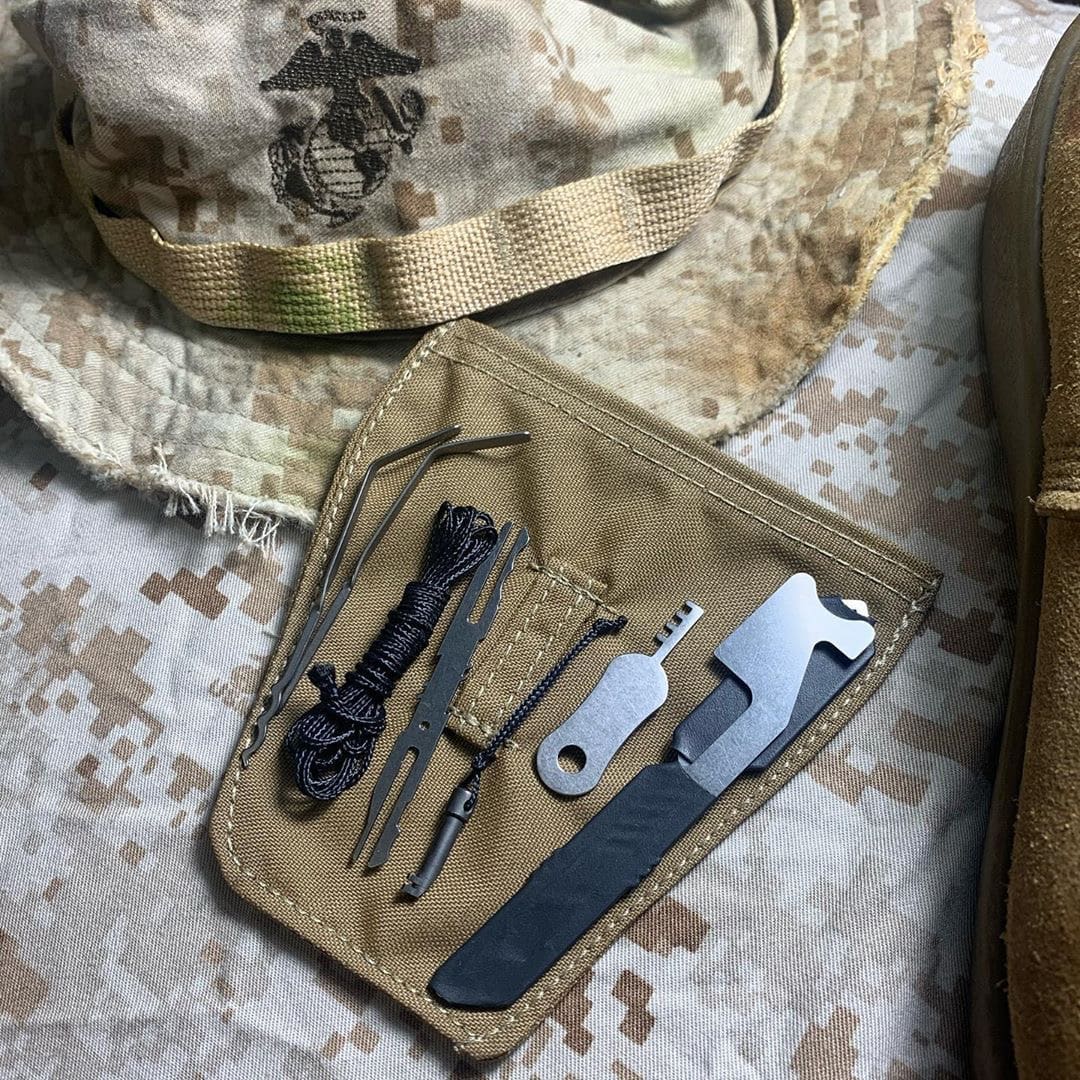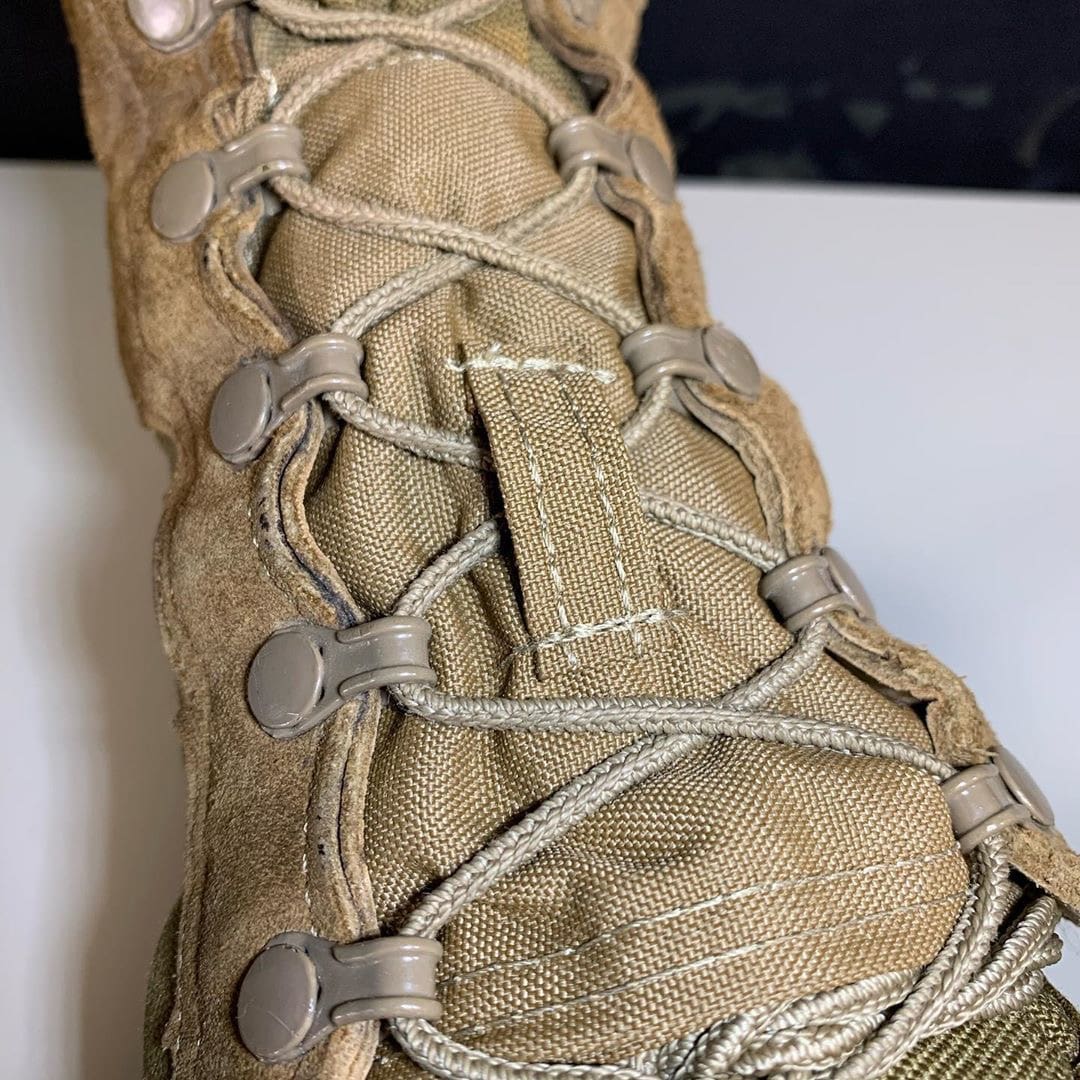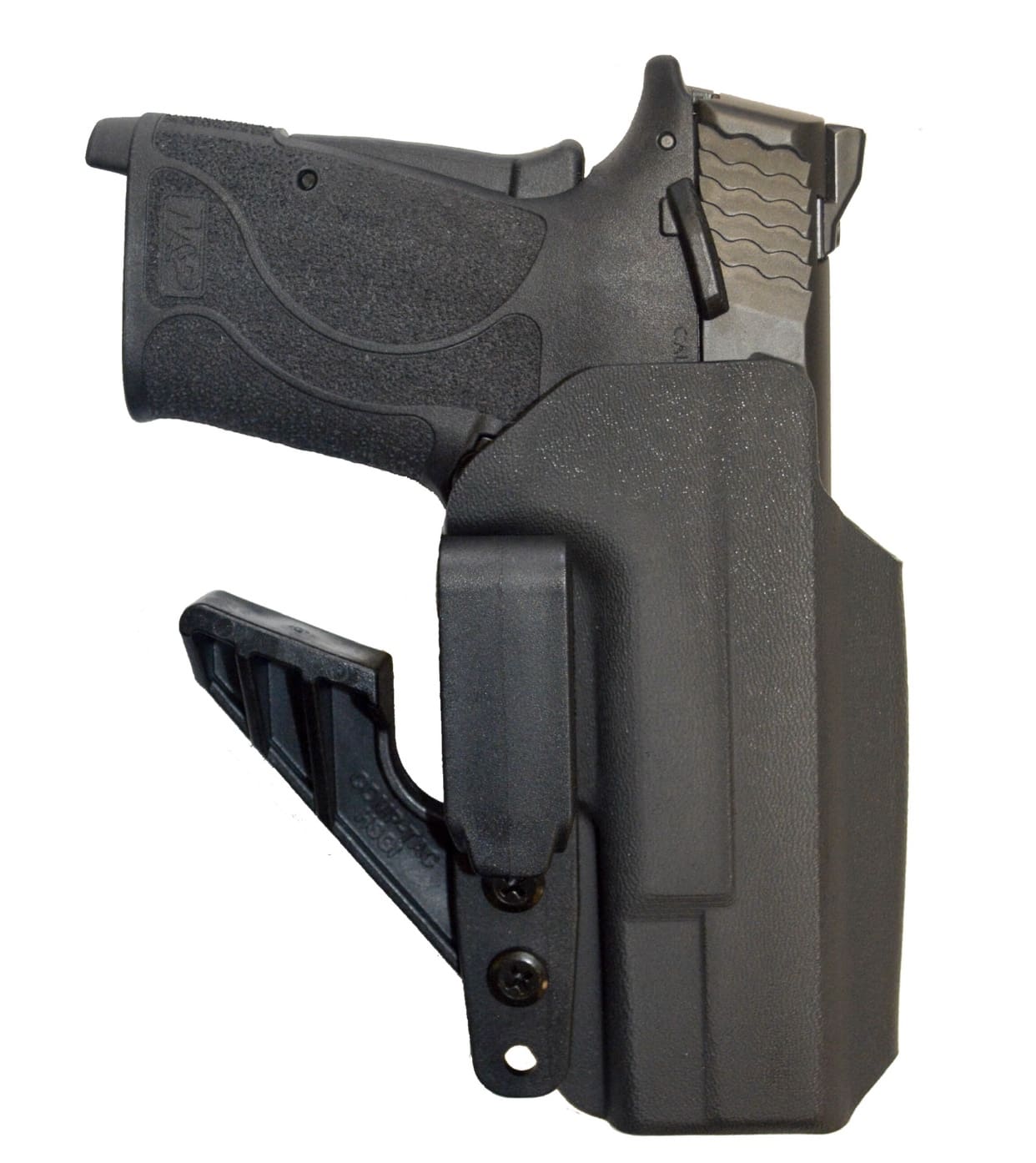You should always know your pace, you will want to know how far each kick takes you, or you will want to see if it is the same as it has always been. If you have not been in the water in a long time or you have new fins. Here is how you go about finding/ checking your pace. It is basically the same as you would for checking your pace on land.
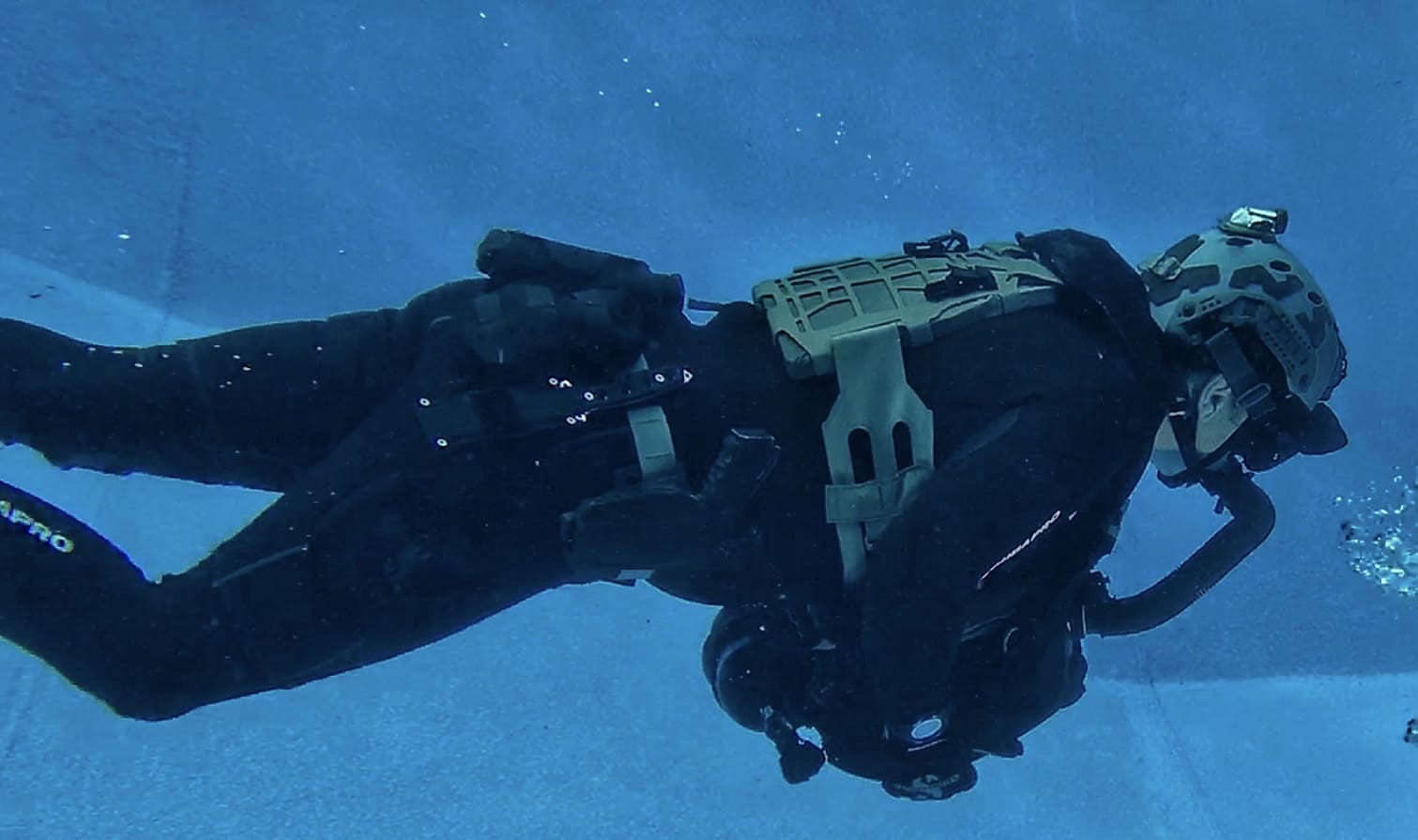
You will need to have a place you can do this. Next to a pier is a great place, as it will help save some steps. You will need the following gear.
• One hundred yards of line or you can use a wall that is that long. You will still want to mark it. You will need.
• A compass/ Navigation Board
• A stopwatch
• A slate so you can write your times down.
It would is best if you put markers on the line to help mark your time and pace, generally at the quarter, the halfway, and three quarters. This way, it will give you an idea of how fast you are going and help you to adjust if needed. Put something that floats, so that way, you can see it if the bottom gets steered up. Cyamlights, in a Gatorade bottle, works well for this. Secure the line to the bottom. If you have access to something stationary like a pier or dock, it makes it more comfortable to follow along with it. Ensure both ends are as secure as possible because some people tend to pull on the rope while doing this. It may be easier if you can keep your line close to the bottom (not always possible) because it’s easier to identify if the rope is relatively horizontal to the bottom as compared to in free water. Try to set up your rope parallel to any current, although it is best to do this in an area where the currents are mild.
Swim normally from one end to the other while counting your kicks. When you reach the end of the rope, write down the number of kicks you did on your slate. Naturally, repeat this several times. Some people do this exercise at double their average speed because they are task-focused, but this is not a realistic representation of how you would typically dive. Like doing your pace on land, you can count every time your left foot goes up or your right or both. If you are only counting one, then you might tend to push harder on the leg. So be aware of that. Use the stopwatch to adjust how long this takes you. You want to do the 100yards in 3 min.
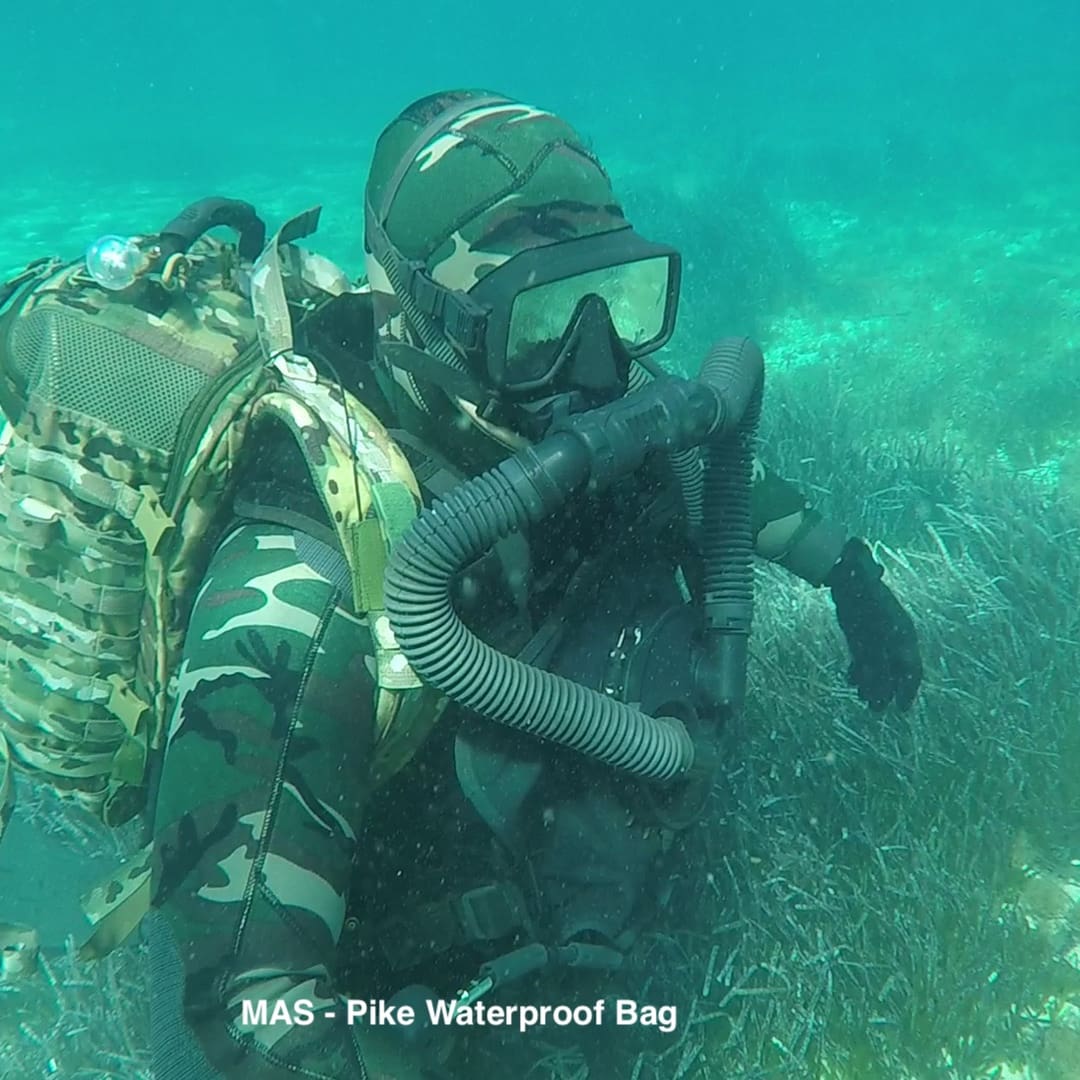
Do this at least twice so you can average between swimming into the current with swimming with the current. The more time you do this, the better and you are more likely to relax, the more you do it.
Now, take the average of all of your samples and divide that number into the distance traveled. If you averaged 50 kicks to go 100 yards along the line, each fin kick you make averages just over seven and a half feet in distance traveled. This will help with any time you need to cover a certain distance. You will also want to do this if you are using things you have not used before. For example, if you are carrying heavier gear, a Ladder with a hook for breaching gear or a waterproof bag.
